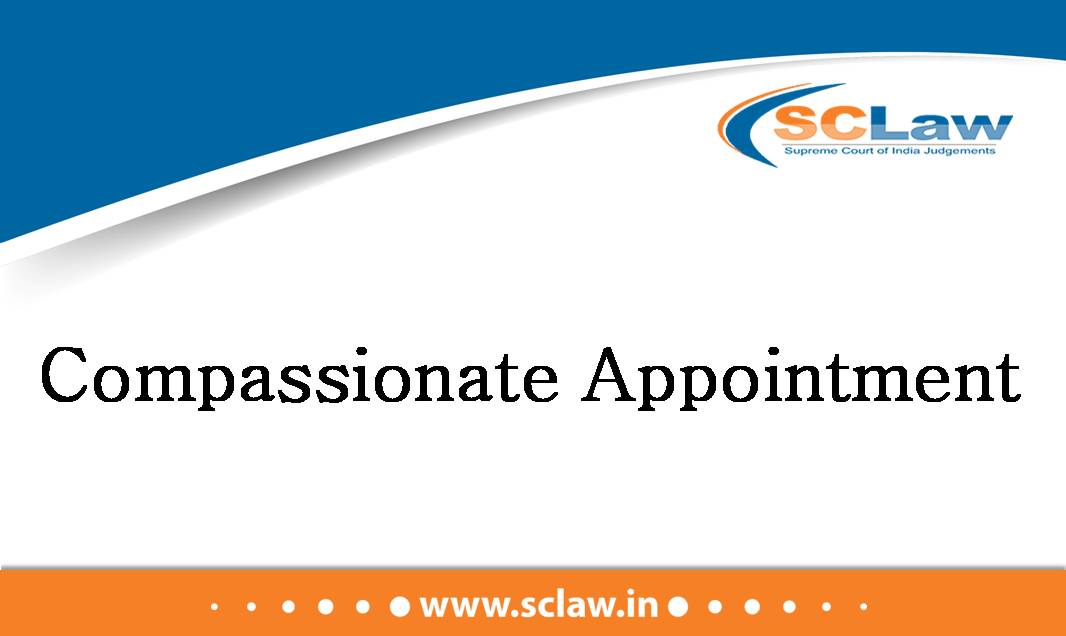Termination of Pregnancy – All women, married or unmarried, are entitled to safe and legal abortion – Object of Section 3(2)(b) of the MTP Act read with Rule 3B is to provide for abortions between twenty and twenty-four weeks, rendered unwanted due to a change in the material circumstances of women –
SUPREME COURT OF INDIA FULL BENCH X — Appellant Vs. THE PRINCIPAL SECRETARY, HEALTH AND FAMILY WELFARE DEPARTMENT, GOVT. OF NCT OF DELHI AND ANOTHER — Respondent ( Before :…







